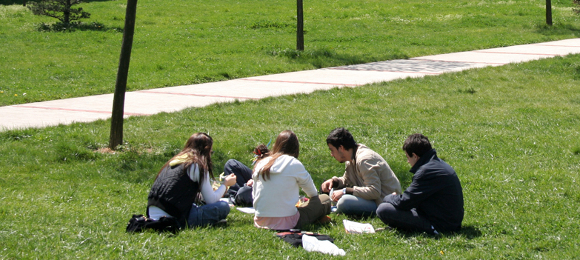When Larry Alex Taunton of Fixed Point Foundation explored why many American college students are atheists, the following “composite sketch” emerged:
- They had attended church.
- The mission and message of their churches was vague.
- They felt their churches offered superficial answers to life’s difficult questions.
- They expressed their respect for those ministers who took the Bible seriously.
- Ages 14-17 were decisive.
- The decision to embrace unbelief was often an emotional one.
- The internet factored heavily into their conversion to atheism.
As I read Taunton’s article “Listening to Young Athesits: Lessons for a Stronger Christianity, I found myself agreeing with the young atheists. As a teenager I experienced the same journey — but with the opposite result.
While I did not grow up attending church and the internet did not yet exist, ages 14-17 were crucial for me; when I began searching, I found most churches vague, superficial, and avoiding life’s difficult questions; I respected those who took the Bible seriously; and emotions — or at least the acceptance and support of serious believers — played a part in my decision to embrace belief.
Fortunately for me, unlike Phil quoted above, my high school pastor was not fired in favor of someone who would “teach less and play more”; And, in college I found a church that passionately tackled hard questions and difficult passages of Scripture.
Still, I find the same problems identified by these young atheists in many churches today. For example,
- A large church asked if I would speak at their women’s retreat. After listening to several of my MP3s, the Director of Women’s Ministries asked if I could “be more entertaining, tell more stories and drop all that Bible-stuff?” I declined.
- I have an long “debate” with a pastor who is trying to persuade me that women’s ministries should not focus on teaching the word of God, discipleship and fellowship because we are “over-taught.” Instead, he argues, we should replace bible studies with activities like refuge outreach, soup kitchens, budgeting and parenting classes. We continue to disagree.
My teenage spiritual journey ended in faith due to the grace of God and the willingness of other believers who took the Bible seriously to answer critical questions and to live like they believed the answers.
These young atheists have a point. After all, if you were an atheist and most Christians you encountered rarely read the Bible and were largely ignorant of its content, what would you think?

